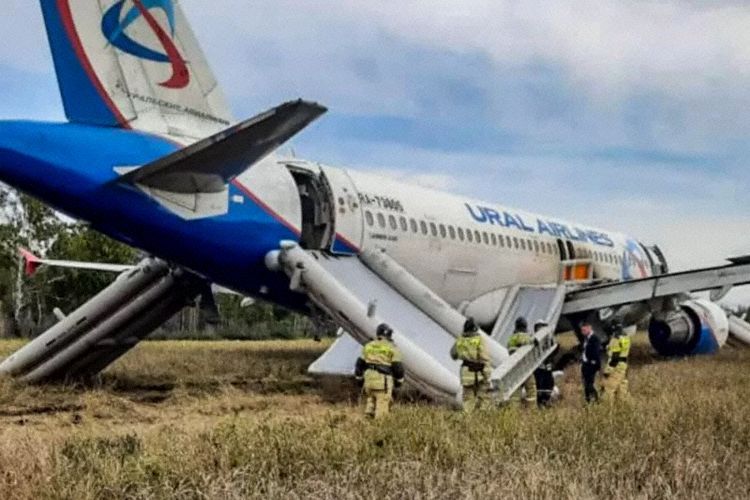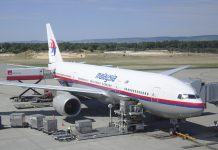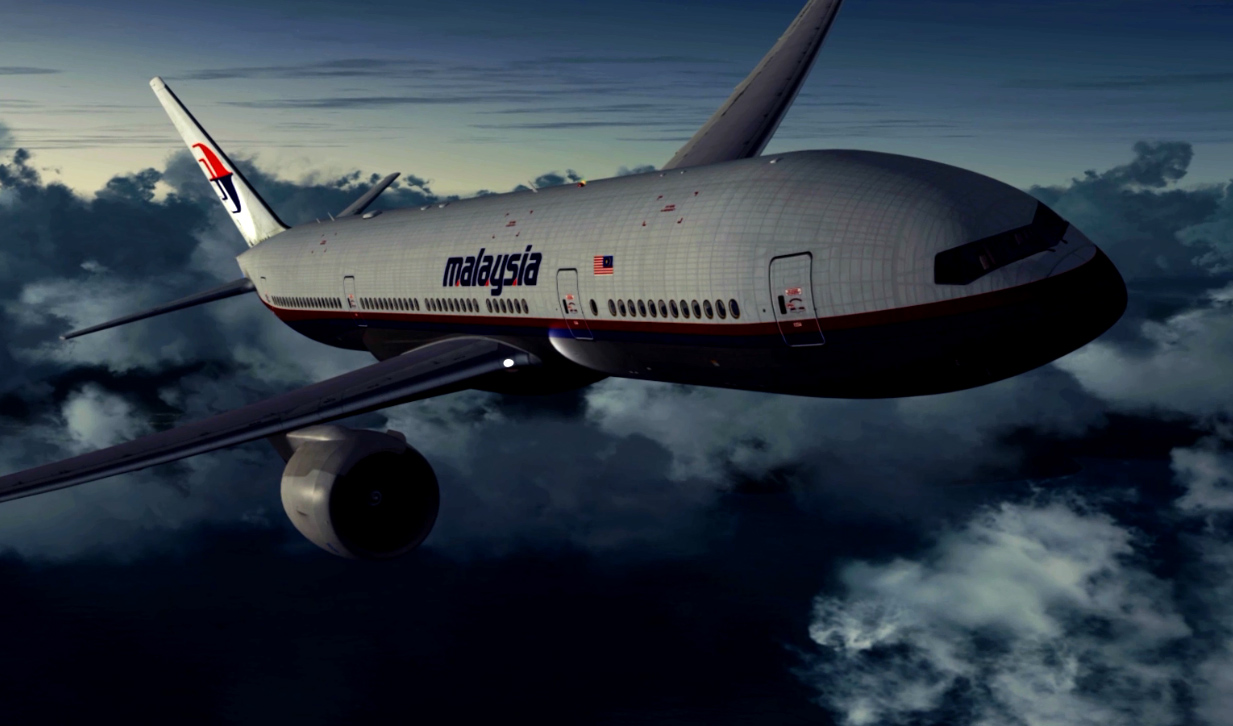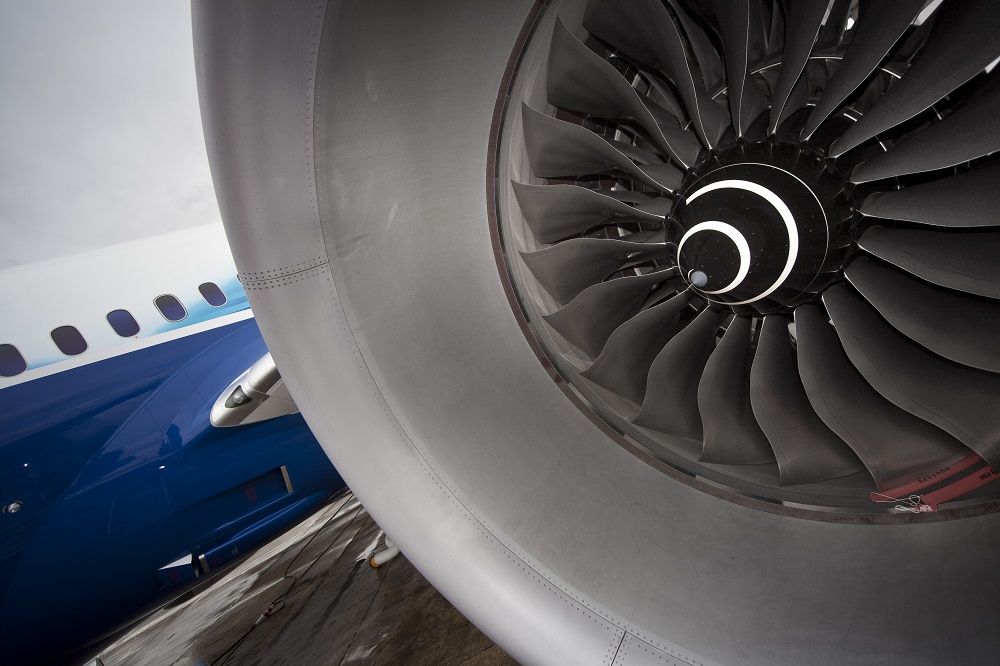Rolls-Royce Trent 1000 engines powering Boeing 787s continue to cause grief for airlines with Japanese carrier All Nippon Airways (ANA) canceling more than 100 domestic flights from today.
The 113 July 6 to July 12 cancellations are necessary to allow the airline to carry out mandatory inspections on Trent 1000 engines using blades that could wear prematurely.
“We deeply apologize for the inconveniences caused to our customers,” ANA chief executive Yuji Hirako said in a message to customers.
“Over the last two years, we have been working very closely with Rolls-Royce and the regulatory authorities to minimize the impact to our flight schedule.
“However, due to the additional mandatory inspections which were announced in mid-June, we are canceling a limited number of flights.”
No international flights were affected by the inspections and the airline said passengers with reservations on the canceled flights would be re-accommodated to fulfill their travel itineraries.
“Safety is always our top priority for our customers, and we consider these cancellations unavoidable to maintain our highest safety standards,’’ Hirako said.
The engine issue is a massive headache for Rolls-Royce and primarily affects engines known as Package C.
This was compounded when the UK manufacturer announced in June that airlines with older Boeing 787 Trent 1000 engines would need to perform inspections because compressor blades in those engines may also be wearing prematurely.
READ: Rolls-Royce to axe 4600 jobs as problems found in older 787 engines.
The finding that Package B engines in service since 2012 could also be affected by a blade durability issue came as the engine-maker continued to grapple with the fall-out of the issue with its Package C engines.
The package B problem added another 166 engines to about 380 package C engines already under the microscope.
The engine issue has led to flight cancellations and aircraft groundings as airlines faced increased inspections, range restrictions and delays in getting engines repaired. Some airlines have had to lease aircraft to replace out-of-service 787s.
The issue was first uncovered on ANA aircraft in 2016 and the airline is one of several which has experienced engine failures as a result of the flaw.
























